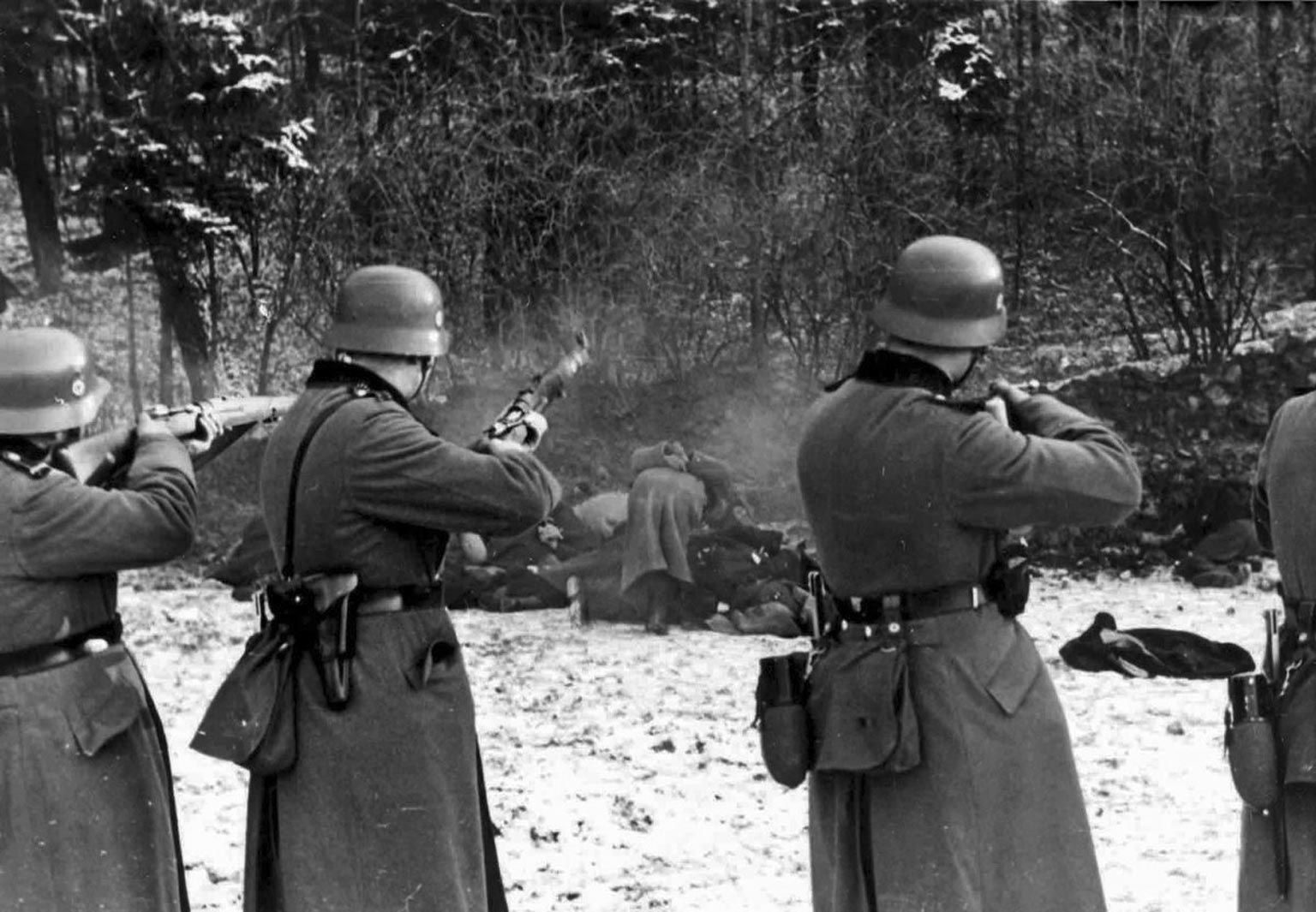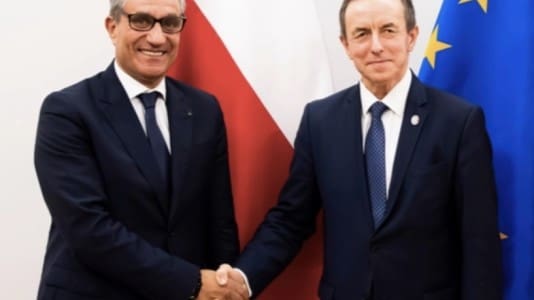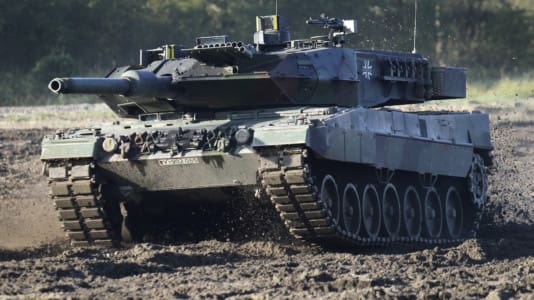The emotional reaction from some in the German media stands in stark contrast to the official stone-cold response of the German government to Poland’s diplomatic note on war reparations.
A good example of this is an article by a renowned Die Welt journalist, Jacques Schuster, who accused the Polish government of “Germanophobia” and “hypocrisy,” arguing: “It is almost villainy by the Polish government to insinuate that Germans forgot about Poland’s suffering.”
It is worth looking closer into this opinion, particularly in light of the so-called Memo reports published yearly by Bielefeld University regarding the stance of modern-day Germans on the country’s Nazi past.
Reading them is very interesting, sometimes even shocking.
Last year’s report shows that a majority of Germans believe they are quite well-informed on the Nazi past of their country, mainly thanks to school, films, and family stories.
Only 35 percent of Germans believe that the fact their ancestors lived under Hitler’s rule has had a significant impact on their lives. Most believe that knowledge of Nazi atrocities was not high among Germans during the war; they also believe that Germans themselves were victims of Nazism and not the perpetrators of the crimes.
According to the data, most Germans (82.1 percent) unsurprisingly highlight Jews as the primary victim of Nazism, followed by Sinti and Roma (44.5 percent), homosexuals (28.8 percent), members of the political opposition (27.8 percent), and sick and disabled people (23.1 percent).
Around 11 percent do not know what to say, and only 4.8 percent say that victims of Nazism included other national groups.
The last statistic is just as shocking as it is telling.
The problem with the memory of Nazism in Germany is that it became an obligatory part of reeducation of the German society regarding its own, internal political stances, which is why Germans are so sensitive to the far-right, xenophobia, and discrimination.
However, apart from a small group inside the elites, this memory does not exist in relations with Germany’s neighbors – Poland in particular.






